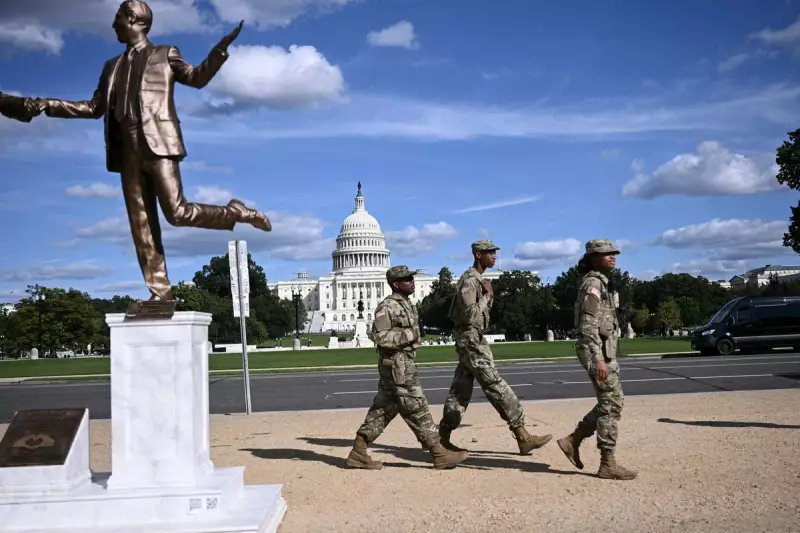
A federal judge has delivered a significant blow to the Trump administration, ordering an immediate end to the months-long deployment of National Guard troops in Washington DC, branding the move an 'illegal' intrusion on local authority.
Judge's Ruling and White House Backlash
US District Judge Jia Cobb concluded that President Donald Trump's military deployment in the nation's capital unlawfully overstepped the authority of local officials to direct law enforcement within the district. However, in a crucial decision, she suspended her order for 21 days to allow the administration time to mount an appeal.
The legal challenge was initiated by District of Columbia Attorney General Brian Schwalb, who sought to prevent the White House from deploying Guard troops without the explicit consent of the city's mayor while the lawsuit proceeds.
The White House responded with immediate defiance. Spokeswoman Abigail Jackson asserted, "President Trump is well within his lawful authority to deploy the National Guard in Washington, D.C., to protect federal assets and assist law enforcement with specific tasks." She dismissed the lawsuit as an attempt to undermine what she called the President's successful anti-crime operations.
The Core of the Legal Dispute
Judge Cobb's ruling drew a clear constitutional line. She found that while the president possesses the authority to protect federal property and functions, this power is not limitless. President Trump cannot unilaterally deploy the D.C. National Guard for general crime control as he sees fit, nor can he call in troops from other states for such a purpose without proper legal grounds.
This situation stems from an executive order issued by President Trump in August 2025, which declared a crime emergency in Washington. Following this declaration, over 2,300 National Guard troops from eight states and the district itself were deployed to patrol the city under the command of the Secretary of the Army. The administration also sent hundreds of federal agents to assist.
Broader Implications and Ongoing Battles
Following the ruling, Attorney General Schwalb called for the troops to be sent home, warning of a dangerous precedent. "Normalizing the use of military troops for domestic law enforcement sets a dangerous precedent," he stated, arguing it would allow a president to deploy troops with no check on military power.
The legal battle over the Guard's presence is far from isolated. The Trump administration faces similar court challenges concerning deployments in other major American cities, including Portland, Chicago, and Los Angeles. In a related development, the Supreme Court is currently weighing an emergency appeal from the administration regarding its ability to deploy National Guard troops in the Chicago area.
In Washington, a particular point of contention has been the administration's decision to deputise Guard troops as special US Marshal Service deputies. Schwalb's office contends that these out-of-state troops are effectively operating as an unauthorised federal military police force, which they claim inflames community tensions and diverts crucial local police resources.
Despite the judge's order, the immediate future remains uncertain. Attorneys from the District have indicated that Guard troops are likely to remain in the city through at least the summer of 2026, ensuring this constitutional and political clash will continue for the foreseeable future.





